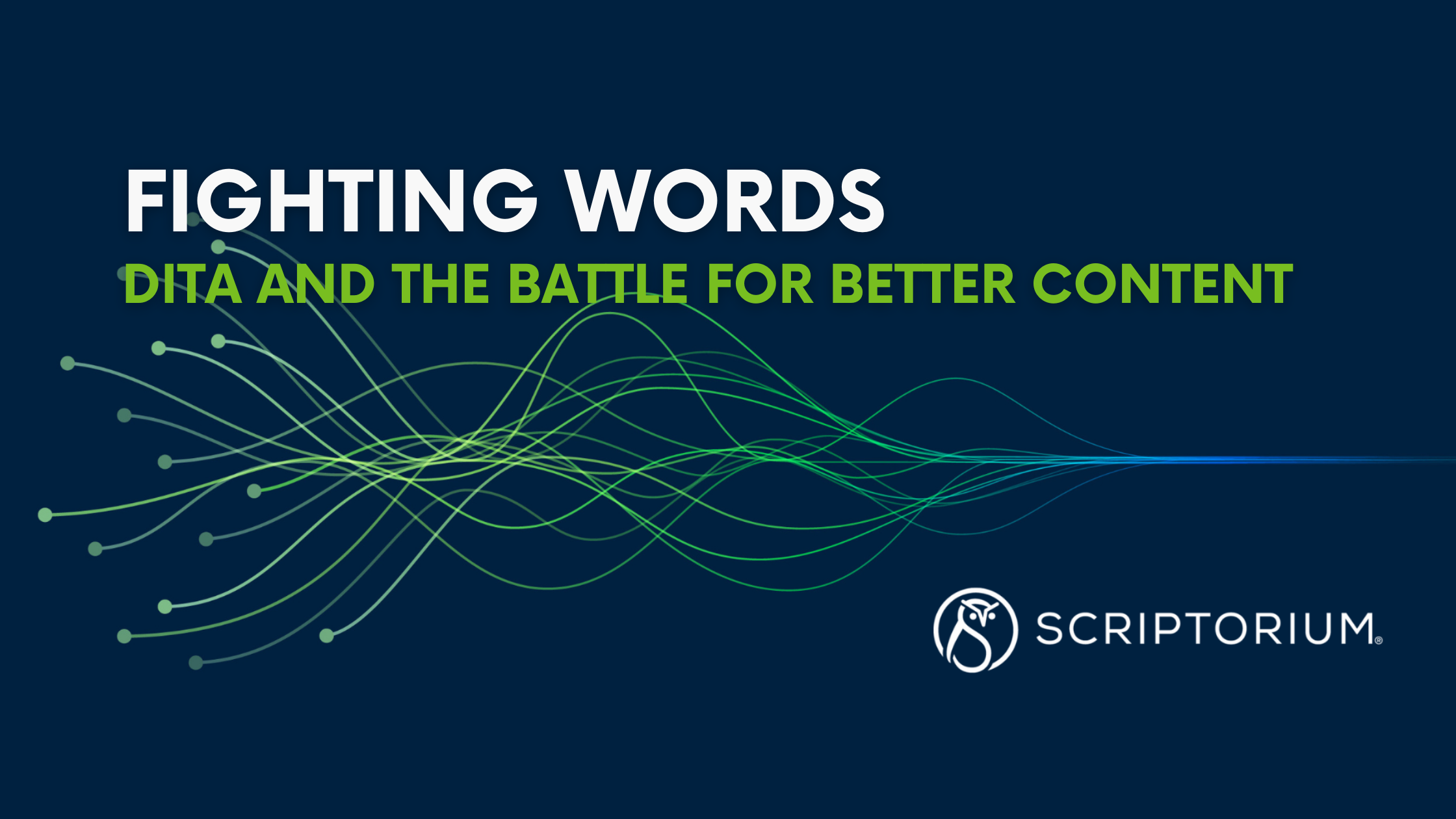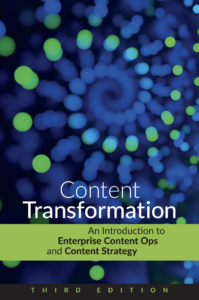Fighting Words: a punchy conversion case study
Reeling from a one-two punch of scattered and inaccessible content? Ready to transform chaotic content into a seamless user experience? I trained a scattered group of content using a combo of robust metadata and content filtering to publish player-specific rules guides. Get in the ring and find out how you can apply these lessons to your own content processes.
In July of 2024, a friend of mine who moved to Arizona wanted to chat and game with his old friend group. He’d gotten a hold of some PDF copies of an old Street Fighter roleplaying game, so he decided to run a game for us.
Mid-90s game design aside, the PDFs were hard to use; scanner bleed, compression artifacts, no bookmarks or searchable text. One of the other players made a spreadsheet to sort out what special moves our characters could learn, but we still wound up having to deal with the PDFs.
That’s what pushed me to convert most of the special moves to DITA, so I could use the DITA-OT to generate a filtered PDF.
During ConVEx 2025, I talked about how I mapped that content to standard DITA structures, built a robust metadata model to support the content, and how I used that model to generate the custom output that our play group needed.
The problem

The Players
Between these four players, there were 189 special powers gated among 26 fighting styles and spread among 3 PDFs. The core book PDF was 189 pages, the player’s guide was 104 pages, and the supplement excerpts were 19 pages. The PDFs also had quality issues, including scanner bleed, dithering, and blurry (and blurrier) text.

scanner bleed

dithering

blurry text

blurrier text
Also, there were no bookmarks or no searchable text, and the file size issues made it difficult to distribute the PDFs. They were slow to load when playing online, and the scan quality meant that printouts weren’t a viable solution. We needed another option.
The solution
For my solution, I needed to collect all players’ powers in one PDF and only display powers relevant to a given player. Then, I wanted to highlight powers specific to the player’s fighting style and add modern PDF conveniences such as bookmarks and linked cross-references.
The toolbox
To create this dynamic solution, I used the following tools:
- DITA OT 3.6.1
- DITA 1.3
- oXygen XML Editor
- Antenna House Formatter
- GUI Module
- Bitbucket
The process
To get this solution in motion, we needed to select our conversion targets, build a content model, decide on a workflow, and complete the writing.
In the conversion set, we excluded powers that Wrestling, Special Forces, Ninjitsu, or Capoeira fighters can’t learn. We also excluded powers that had requirements we couldn’t meet. In total, we converted 118 of the 189 topics.
For the content model, we broke our content template into section elements, added a “Details” header to break the text up from the previous section, and added a “Tags” section for overview information.
Our workflow included the following steps:
- Create a new topic using the template
- Populate the otherprops attribute
- Fill out or delete the Tags paragraph
- Copy the text into the topic
- Clean up the text
- Add xref elements if necessary
- Add the topic to the bookmap
The results
Now that the project has been completed successfully, players enjoy the following benefits from the new PDF:
- Bookmarks make navigation possible
- Clickable links let players understand what they need to upgrade
- Filtering allows users to browse powers
- Flagging highlights powers players should be interested in



